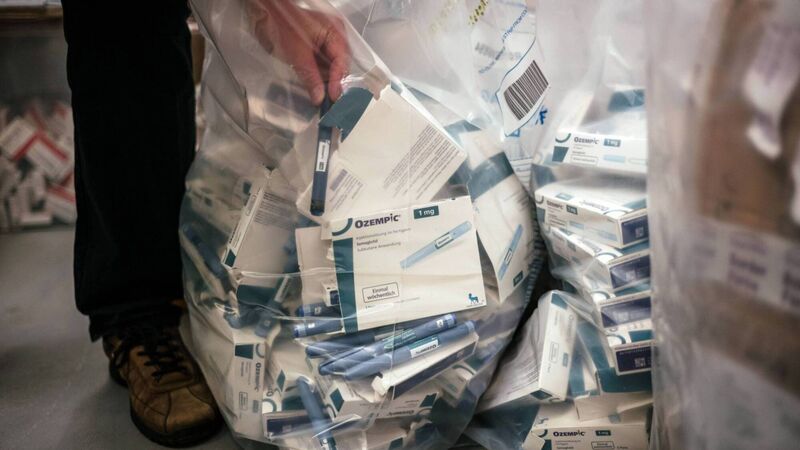Surge in fake Ozempic reveals dark side of weight-loss frenzy

Fake Ozempic products that include bar-codes and packaging that appear similar in colour, size and shape. Photo: Jose Sarmento Matos/Bloomberg
When Andy Morling heard about a revolutionary new weight-loss cure last spring, he figured it might spark a shadier market for fakes.
His hunch was right. Almost a year later, the UK law-enforcement veteran is leading the charge against criminals looking to profit from the very human desire to slim down.











